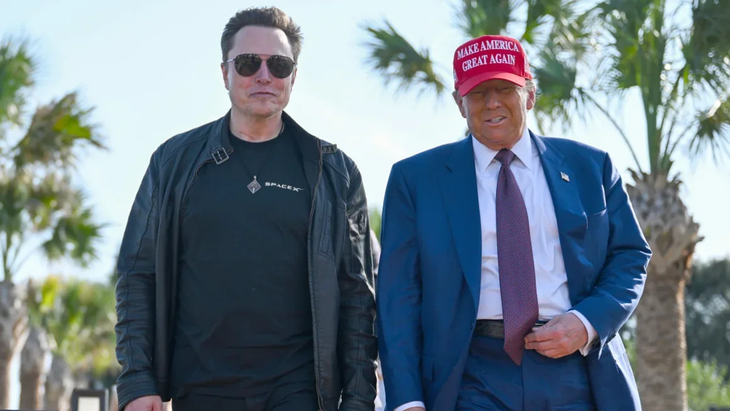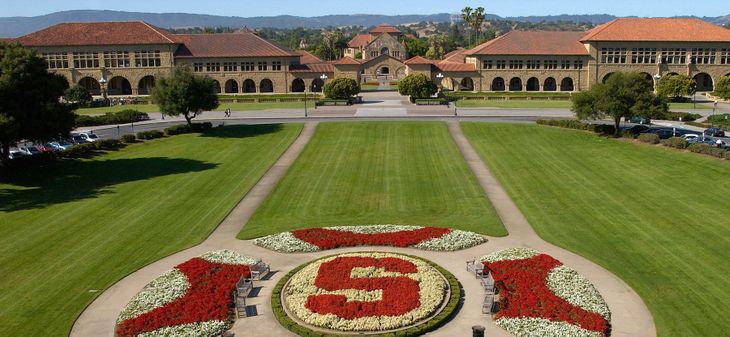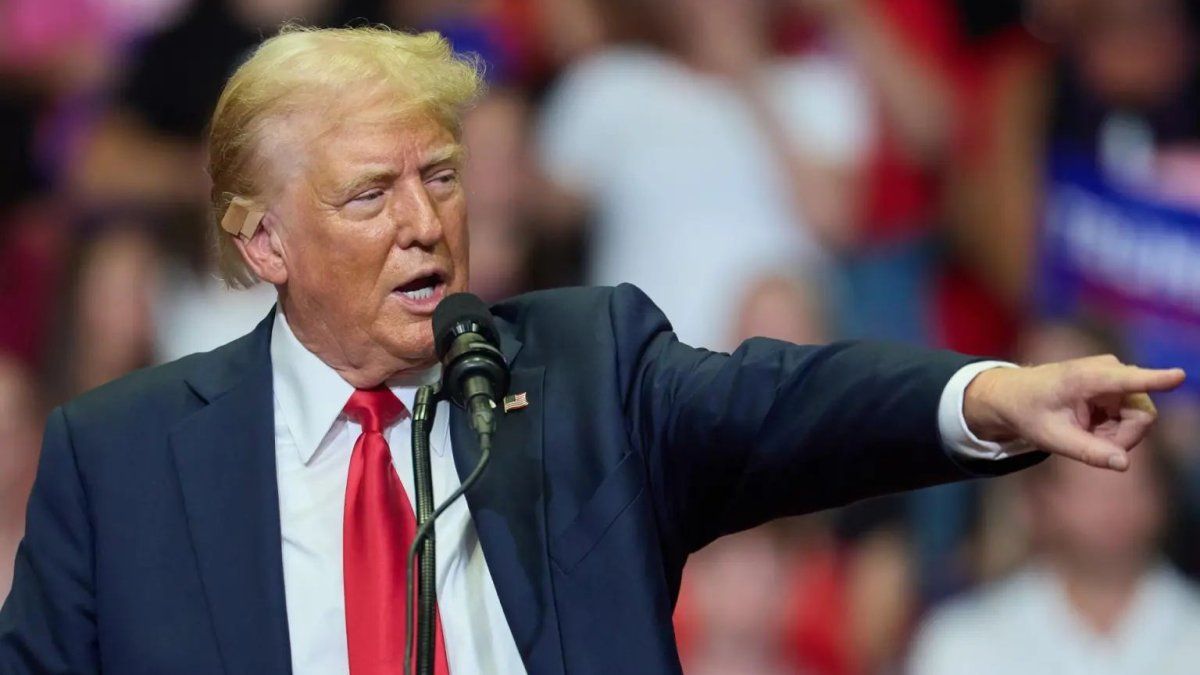Less than a month before the inauguration of the president-elect of the United States, it is interesting to know which are the main books that should be read to understand the new White House.
The Trump enigma. The books that can give clues about your choices and decisions.
cnn
Soon to assume his second term as president of the United States, it is worth remembering that the Republican leader donald trump projected its image on the basis of the anti-politics story that appeared years ago in the West, and which had as its founding milestone of the so-called “new right”, the triumphs of British nationalism over Brexit and its own in 2016, which meant the first turn to nationalist populism in the Anglo-Saxon world, at the same time in both countries.
The content you want to access is exclusive to subscribers.
But in recent years, Trump brought together a dissimilar but structured intellectual and business elite, and therefore, a group of European academics from the Groupe d’études geopolitiques (GdG), perhaps, because Europe is one of the most interested in understanding what is coming with Trump 2.0, delved into the intellectual sources surrounding the Trumpist phenomenon, selecting a dozen books to have as a reference.


We already saw in the first installment the texts “No Trade Is Free” by Robert Lighthizer, “Hillbilly Elegy” by JD Vance; “The War on Warriors” by Pete Hegseth; and “Dawn’s Early Light” by Kevin Roberts, and in the second part “Manhood” by Joshua Hawley, “Party of the People” by Patrick Ruffini, and “The Strategy of Denial” by Elbridge Colby.
Now in this third and final installment it is the turn of “Zero to One” by Peter Thiel with Blake Masters, “The Diversity Myth” by David Sacks and Peter Thiel, “Law & Leviathan” by Cass Sunstein and Adrian Vermeule, “The Once and Future Worker” by Oren Cass, and “While America Slept” by Robert O’Brien.
Let’s see what they say and think about technology and development, about multiculturalism, the morality of public officials, the economic vision of the new Republicans, and about foreign policy:
- “Zero to One: Notes on Start Ups, or How to Build the Future” by Peter Thiel with Blake Masters (Crown Currency, 2014): was written from lectures given at Stanford by PayPal founder Peter Thiel, one of the most influential people in Silicon Valley, and notes from Blake Masters, a venture capitalist and candidate for the Arizona House of Representatives this year. The people at GdG explain that “Zero to One” offers a radical new vision on the design and management of start-ups. Thiel’s starting point is a contradictory observation: We live in a time of technological stagnation, but we’re too distracted by our shiny mobile devices to notice it. Information technology has improved rapidly, but there is no reason that progress should be limited to computers or Silicon Valley. “Progress can be achieved in any sector or field of activity. It stems from the most important skill any leader needs to master: learning to think for yourself.” They deepen the analysis in that doing what someone else already knows how to do takes the world from 1 to 1, adding more of something familiar, but when you do something new, you go from 0 to 1. “The next Bill Gates will not build an operating system, The next Larry Page or Sergey Brin will not create a search engine, the champions of tomorrow will not win by competing ruthlessly in today’s market, they will escape the competition completely, because their businesses will be unique. The book presents both an optimistic vision of the future of progress in the US and a new way of looking at innovation: you have to start by learning to ask the questions that lead you to find value in unexpected places.
trump and elon musk.webp

Donald Trump with the CEO of X and Tesla, Elon Musk.
- “The Diversity Myth: Multiculturalism and Political Intolerance on Campus” by David Sacks and Peter Thiel (Independent Institute, 1999): The book is a deep exploration of debilitating impact that politically correct multiculturalism has had on higher education and academic freedom in the US. GdG scholars explain that in the name of diversity, many major academic and cultural institutions try to silence dissent and stifle intellectual life. The book exposes the real impact of multiculturalism on the institution most closely identified with the politically correct decline of higher education: Stanford University. “Written by two Stanford graduates, the book is a fascinating tour into a world of speech codes, dumbed-down admissions standards and curricula, campus witch hunts, and anti-Western bigotry disguised as legitimate scientific research.” Sacks and Thiel use numerous primary sources (the Stanford Daily, course readings, official university publications) to reveal a model of politicization of class, housing, budget priorities and much more; They trace the links between trends as disparate as political correctness, the gender war, Generation X nihilism, and the culture wars, showing how they have played a role in shaping multiculturalism at institutions like Stanford. “The authors convincingly demonstrate that multiculturalism is not about learning more, but about learning less, and conclude their exhaustive study by detailing the changes necessary to reverse the tragic disintegration of American universities and restore true academic excellence.”
Stanford.jpg

The prestigious Stanford University in California, USA.
- “Law & Leviathan: Redeeming the Administrative State” by Cass Sunstein and Adrian Vermeule (The Belknap Press of Harvard University Press, 2020): from GdG remember that American public law has long been torn by a serious and persistent conflict, a kind of low-level cold war, around issues such as Is the modern administrative State illegitimate? Is it unconstitutional? Unaccountable? Dangerous? Intolerable? The authors maintain that the administrative state can be redeemed, as long as public officials are limited by what they call the morality of administrative law. “The book develops a series of principles that support this moral regime, and officials who respect this morality never stop establishing rules, they guarantee transparency, so that citizens are informed of the rules to which they must abide, they never abuse the retroactivity, so that people can trust existing rules that are not under constant threat of change, and make rules understandable and avoid creating rules that contradict each other.” They explain that these principles may seem simple, but they are very powerful, without being explicit, they already limit the activities of administrative agencies every day; But more can be aspired to; in a more robust form, these principles could address many of the concerns that lead critics of the administrative state to lament what they consider the disappearance of the rule of law. “Bureaucratic leviathan may be an inescapable reality of complex modern democracies, but Sunstein and Vermeule show how peace can finally be made between those who accept its necessity and those who long for its downfall.”
- “The Once and Future Worker. A Vision for the Renewal of Work in America” by Oren Cass (Encounter Books, 2018): From his participation in Mitt Romney’s 2012 presidential campaign to the publication of “The Once and Future Worker,” Cass aims to propose a new intellectual foundation for Republicans. “The economist illustrates a profound recomposition of American conservative ideology that we must follow closely to understand the new positions of the American right,” GdG points out.
899171033_250669145_1024x576.webp

Donald Trump, campaigning with steel workers.
- “While America Slept: Restoring American Leadership to a World in Crisis” by Robert O’Brien, 2016: The author served in the first Trump administration from September 2019 to January 2021 as National Security Advisor, he was also among the leading candidates for Secretary of State in the Trump 2.0 administration, before the candidate-elect announced that he had chosen Marco Rubio. “O’Brien’s book, which will almost certainly take center stage in Trump’s foreign policy apparatus, is a nod to John F. Kennedy’s dissertation written when Kennedy was at Harvard and published in 1940 under the title “Why England Slept.” The author was sometimes called the “Yes Man” when he was in the White House: determined to follow Trump without offering open resistance to the president and his impulsive temperament, he shares in “While America Slept” the assessment of his predecessor, John Bolton (now fiercely anti-Trump), regarding the dangers facing the United States: the weakness of its military apparatus, the growing threat posed by China, the dangers posed by radical Islam and its many specters, from the Middle East to West. Iran is described as the sworn enemy of the US. “O’Brien’s warmongering vision of Washington’s adversaries is echoed in many of the profiles that Trump has selected for his Administration 2.0. In June, O’Brien argued in “Foreign Affairs” that Congress should give China’s neighbors (Indonesia, the Philippines and Vietnam) the same kind of support it gives Taiwan, to help strengthen their militaries.
Source: Ambito




